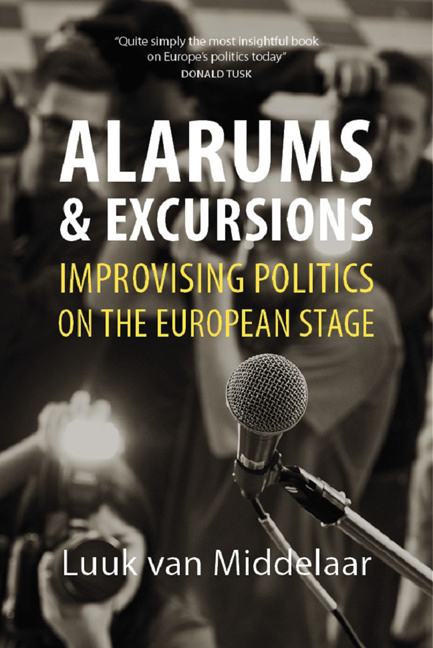1 - Improvising: the euro crisis
Published online by Cambridge University Press: 16 August 2023
Summary
What theory of the duties of an orator is there which permits him to ignore such sudden issues? What will happen when he has to reply to his opponent? For often the expected arguments to which we have written a reply fail us and the whole aspect of the case undergoes a sudden change; consequently the variation to which cases are liable makes it as necessary for us to change our methods as it is for a pilot to change his course before the oncoming storm. […] I do not ask him to prefer to speak extempore, but merely that he should be able to do so.
QuintilianNo toolkit
When the euro crisis hit, no one knew what to do. Given the chorus of commentators who claimed with hindsight to have predicted everything, it can do no harm to remember that. No one had contemplated a crisis spreading from one eurozone country to another, the risk that drove the subsequent financial turmoil.
What do you do when you find yourself in an emergency and existing habits, rules and agreements prove useless? You have to improvise. Improvising can have the negative connotation of a botched response or a lack of preparedness, but it can also suggest something positive and creative, as in jazz music or the debating chamber, where the best improviser is typically the hero of the hour. A host who serves unanticipated guests an “improvised meal” – certain ingredients not in the fridge, more diners than expected – is unlikely to venture to say beforehand how it will turn out. Here “improvisation” can be negative if you ought to have known better and have failed to prepare, ignoring experience. But if you are forced to act and think on your feet when an unexpected challenge arises, then the ability to improvise becomes a special quality, a gift.
A capacity to improvise is an essential part of decision-making in general. Every major choice in life involves uncertainties: what will you study at college, with whom will you share your life, whom do you trust? Of course, you can try to exclude uncertainty – by making preparations, feeling things out, calculating – but there will always be a crack through which unintended consequences, unexpected reactions or unforeseen developments can squeeze.
- Type
- Chapter
- Information
- Alarums and ExcursionsImprovising Politics on the European Stage, pp. 21 - 64Publisher: Agenda PublishingPrint publication year: 2019

